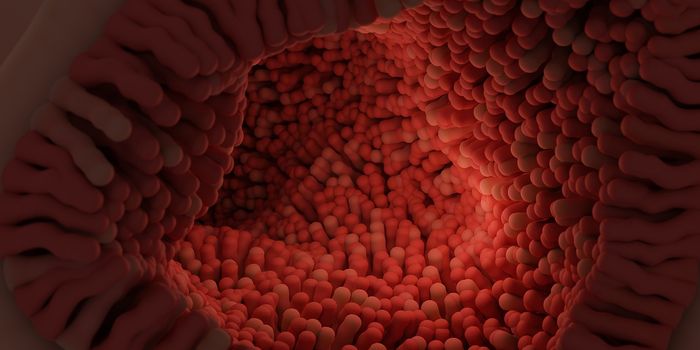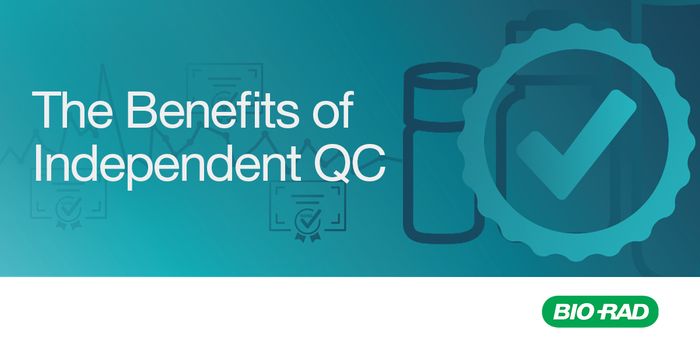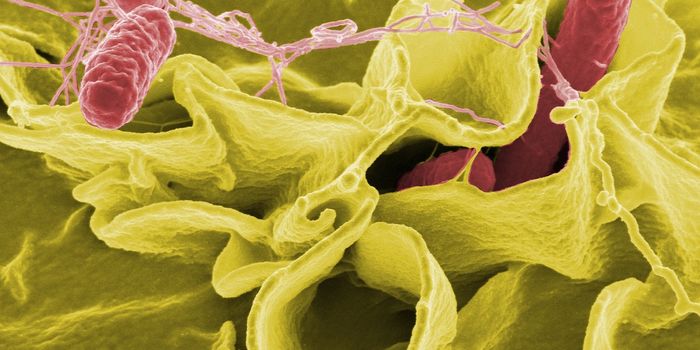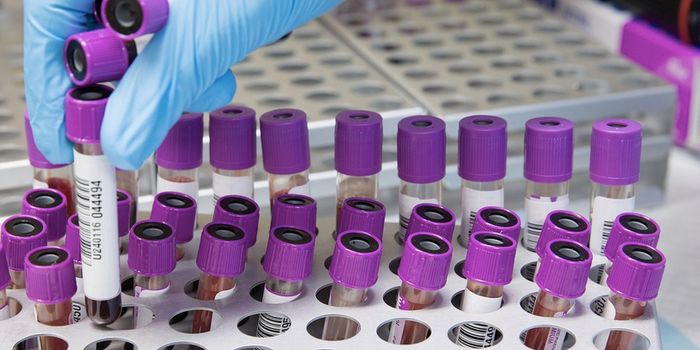Coffee Bean Extracts for Fat-induced Inflammation
One man’s coffee trash is another man’s solution for addressing chronic inflammation. A new Food and Chemical Toxicology study illustrates the therapeutic value of silverskin and husk, parts discarded as waste during processing and roasting of coffee beans.
In healthy situations, immune cells called macrophages help detect and eliminate invading pathogens by engulfing and destroying them as well as by presenting them to T cells and initiating inflammation. When macrophages initiate inflammation that is never resolved, it becomes chronic. In states of chronic inflammation, macrophages and fat cells (adipocytes) then work synergistically to increase oxidative stress and prevent healthy glucose uptake. Macrophages also reduce the ability of adipocytes to transform nutrients into energy through mitochondria.
Due in part to the association between macrophages and adipocytes, chronic inflammation and obesity often go hand in hand; both are linked to type 2 diabetes and cardiovascular disease, which affect millions of Americans. Cardiovascular disease is still the leading cause of death in the United States.
"Macrophages are present in the adipose tissue and when adipose tissue grows excessively, there are interactions that stimulate inflammation and oxidative stress," explained lead author Miguel Rebollo-Hernanz.
The new study suggests a solution for simultaneously addressing chronic disease through resolution of inflammation and making use of coffee waste. Researchers observed the effect of a coffee waste extract made from silverskin and husk on macrophages, adipocytes, the creation of new adipocytes, related hormones, and inflammatory pathways. They focused on two phenolic compounds in particular: protocatechuic acid and gallic acid.
They found that when mice were treated with the extract, fat-induced inflammation in their cells was reduced and glucose absorption and insulin sensitivity improved. Adipocytes containing more mitochondria for transforming nutrients into energy became more common, and the phenolics successfully prevented macrophages from inhibiting mitochondria in existing adipocytes.
Protocatechuic acid and gallic acid, like other phenolic compounds, have a robust antioxidant capacity and are important for resolving inflammation. Coffee is already renowned for its antioxidant and anti-inflammatory health benefits, mainly through the polyphenol chlorogenic acid. The first study to focus solely on chlorogenic acid was published in 2017, and it observed the positive influence of lightly roasted, finely ground, high-altitude coffee beans on mood, inflammatory indicators, and exercise performance.
Sources: Food and Chemical Toxicology, University of Illinois College of Agricultural, Consumer, and Environmental Sciences








